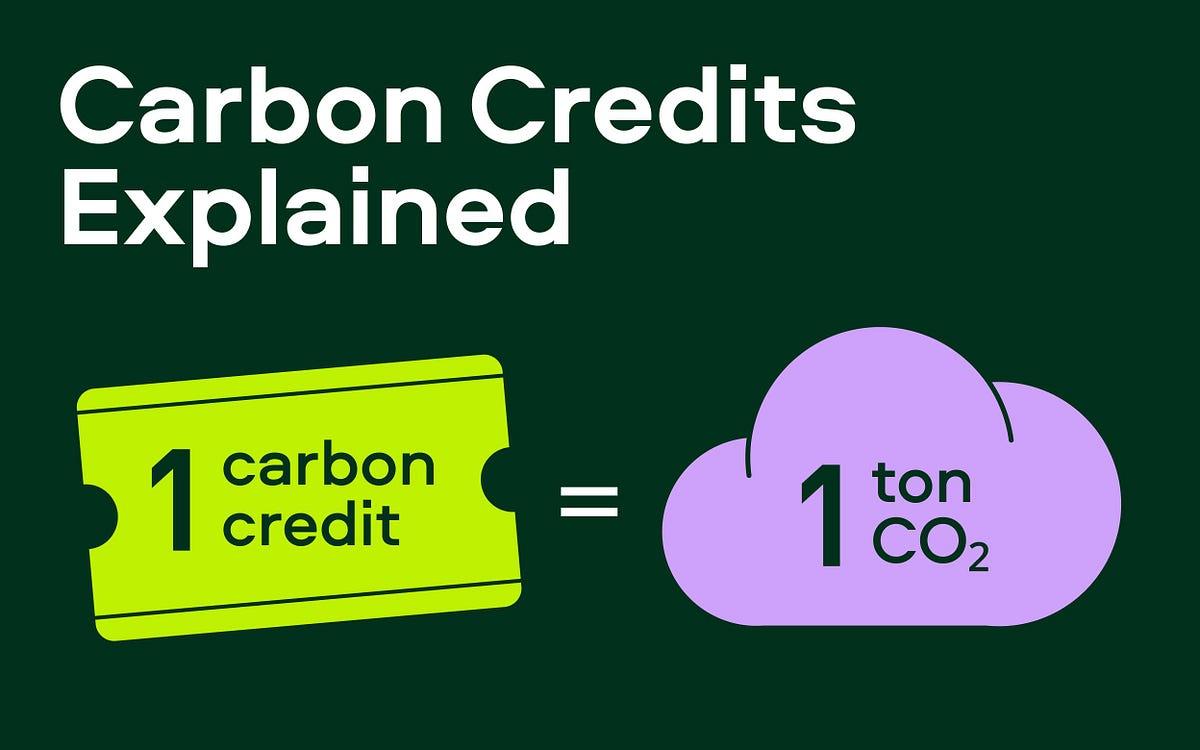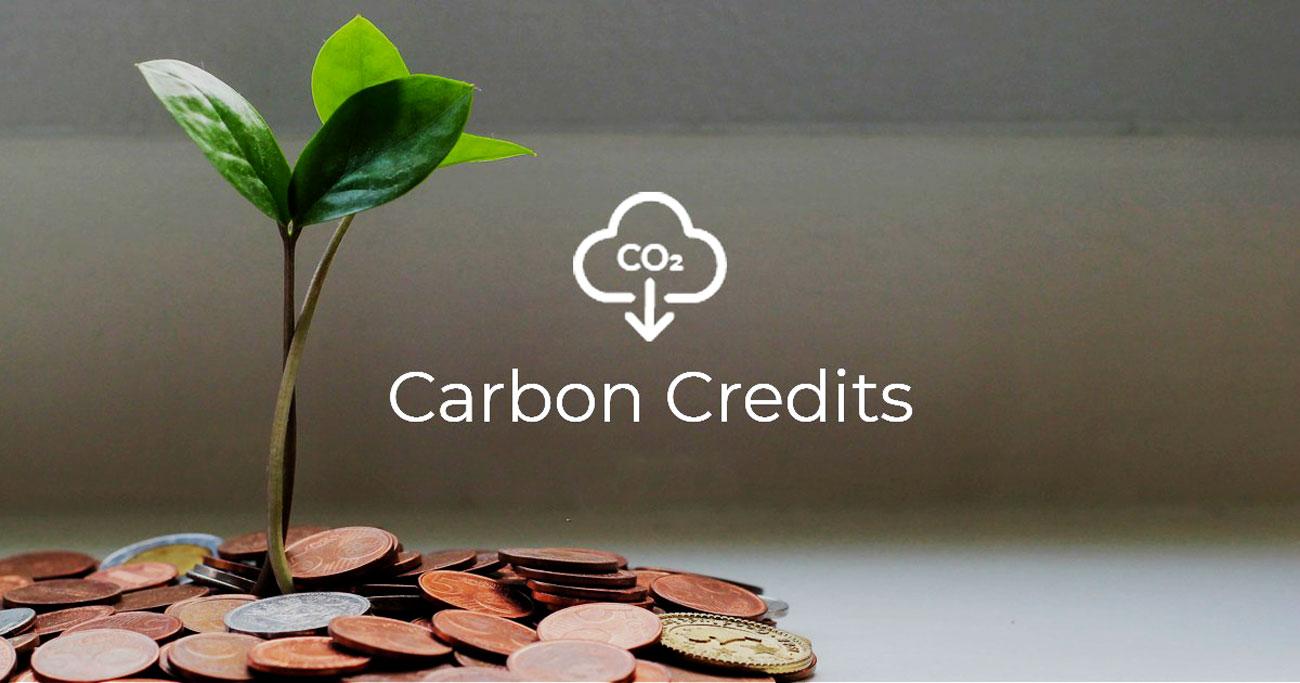Azerbaijan embraces carbon credits A new era in climate action
One of the key tasks that mankind will have to solve in the XXI century is related to overcoming the negative consequences of global climate change. According to the UN Framework Convention on Climate Change and the Kyoto Protocol, the main focus is on decarbonizing the economy and reducing CO2 emissions. Within the framework of these agreements, a market instrument - carbon credits and a mechanism for organizing emissions trading - was proposed. This is a relatively new area of activity for Azerbaijan. Thus, in June 2022, the State Oil Company (SOCAR) launched a project on certification of carbon credits. And the day before, Azerenerji applied to two foreign companies to obtain carbon certificates for seven small HPPs in Kalbajar and Lachin.
In 1997, the Kyoto Protocol formulated the principles of the market of quotas for greenhouse gas emissions, which countries can trade in the form of so-called carbon credits (or carbon units). Carbon credits are a quota for the amount of emissions allowed into the environment, they are equivalent to one ton of carbon dioxide that has avoided leaking into the atmosphere.
In other words, a carbon credit is a certificate that proves that its holder (industrial production, energy company, etc.) has prevented the emission of 1 ton of CO2, for example, by implementing an environmental project, installing green filtration or other equipment in enterprises or energy efficiency systems in residential buildings and the municipal sector, as well as implementing forest conservation measures or creating new renewable energy capacity (RES). Once a carbon credit is issued and certified, it acquires a market value and becomes subject to market trading.
Carbon credit instruments are part of the greenhouse gas emission trading system, the operations of which started in 2005 and today have a significant impact on the activities of industry and energy companies. Each state is given a certain quota for greenhouse gas emissions into the atmosphere, which is further distributed within the state among companies. If a company exceeds the established threshold, it must either pay a fine or buy a carbon credit on the open market.

In practice, this mechanism works on the general principle of "cap-and-trade" (cap-and-trade): the government or an international organization sets an upper limit of permissible greenhouse gas emissions into the atmosphere in the form of quotas, which are provided to producers. In turn, the company or country in the case of CO2 emissions less than the permissible limit can sell part of its unused quota to other market participants.
The global carbon credit market has been estimated to be worth $101.4 billion in 2023 and is set to grow at a 14.7% CAGR (compound annual growth rate) between 2024 and 2032, driven by the expansion of carbon pricing mechanisms and growing demand for corporate sustainability initiatives supported by favorable government policies.
Today, it is quite difficult to judge whether such demand projections are justified in the long term, given the global energy transition of 2030-2035 and the massive shift of industry and energy to green technologies at the same time as reducing harmful emissions. At present, however, the demand for carbon credit in industrialized countries is quite stable, which helps developing countries with weak industrial bases to capitalize on their unused quota.
As for Azerbaijan, its participation in the global carbon credit market until recently was episodic. Any notable undertakings of this kind were first announced about 11 years ago: according to estimates of the European Bank for Reconstruction and Development (EBRD), crediting the project of modernization of seven power units at the Azerbaijani Thermal Power Plant (AzGRES), over 10 years at this modernized TPP could generate more than 10 million carbon credits.
In the following years, there was no particular activity of domestic industrial and energy structures in this area. This changed in June 2022, after SOCAR first certified emissions from oil and gas production as part of the Upstream Emission Reduction (UER) project. In particular, in partnership with the Norwegian company Carbon Limits, a Leak Detection and Repair pilot project was implemented in SOCAR's areas of operation: as part of this endeavor, PA Azneft, together with the A. C. Amirov, Z. Tagiyev, N. Narimanov Oil and Gas Production Departments (OGPDs) and Absheronneft identified the sources of leakages and took appropriate measures to eliminate them.
Another endeavor in the RES segment may become a breakthrough: thus, according to information circulated by Azerenerji the previous day, the energy operator of Azerbaijan applied to two foreign companies to obtain carbon certificates for seven small hydropower plants in Kalbajar and Lachin. Earlier this year, within the framework of co-operation with SOCAR Trading, the company applied to Qatar's Global Carbon Council and Switzerland's Gold Standard to obtain carbon certificates for Chirag-1, Chirag-2, Soyugbulag, Gamishli and Meydan small hydropower plants in Kalbajar District, as well as Mirik and Garigishlag in Lachin District.
This is the first carbon credit project to be implemented in the territories of Azerbaijan liberated from occupation. According to preliminary estimates, the activity of seven "green" hydro power plants will prevent the emission of 45,000-50,000 tons of CO2 into the atmosphere during the year, respectively, the provided certificates will provide access to the voluntary world market of carbon credits.

The potential here is quite impressive: according to specialists of the Ministry of Energy and Japanese energy company TEPSCO within the framework of the developed concept of development of RES segment in Karabakh and Eastern Zangazur, the potential of solar and wind energy is estimated at about 9,200 MW. No less promising is the development of hydro potential of the territories of Azerbaijan liberated from occupation: the capacity of several dozens of small HPPs being created in the region of high-water Small Caucasus will exceed 500 MW in the coming years.
It seems that a more complete development of the domestic carbon credit market is not far off. An International Monetary Fund (IMF) study published about a year and a half ago, "how fiscal policy can help the Middle East and Central Asia reduce emissions," states that a carbon tax of about $4 per ton is expected to be phased in by 2030 as part of the gradual removal of fuel subsidies in the countries of the South Caucasus and Central Asia. According to the IMF, Kazakhstan is one of the first countries in the region to introduce a full-fledged emissions trading scheme.
The World Bank (WB) plans to discuss with the Azerbaijani government the possibility of monetizing carbon dioxide emission quotas. Today there are several instruments, such as carbon taxes and carbon markets, and together with the government we are trying to find the best solution for Azerbaijan," said WB energy specialist Florian Kitt, speaking at the second annual report meeting of the Azerbaijan Rapid Technical Assistance Facility (AZTAF) in late May.
Together with the government, WB specialists are endeavoring to find the best solution for Azerbaijan: our goal is not just to copy other people's experience, but to develop an approach that will be effective for the country and its economy. According to the WB representative, the WB will discuss with the Azerbaijani government the possibility of monetization of carbon dioxide emission quotas within the framework of preparation and implementation of the joint project on electricity transmission - AZURE. This project envisages the integration of wind and solar power plants under construction in the country to transmit one gigawatt of electricity to the unified power grid of Azerbaijan.








